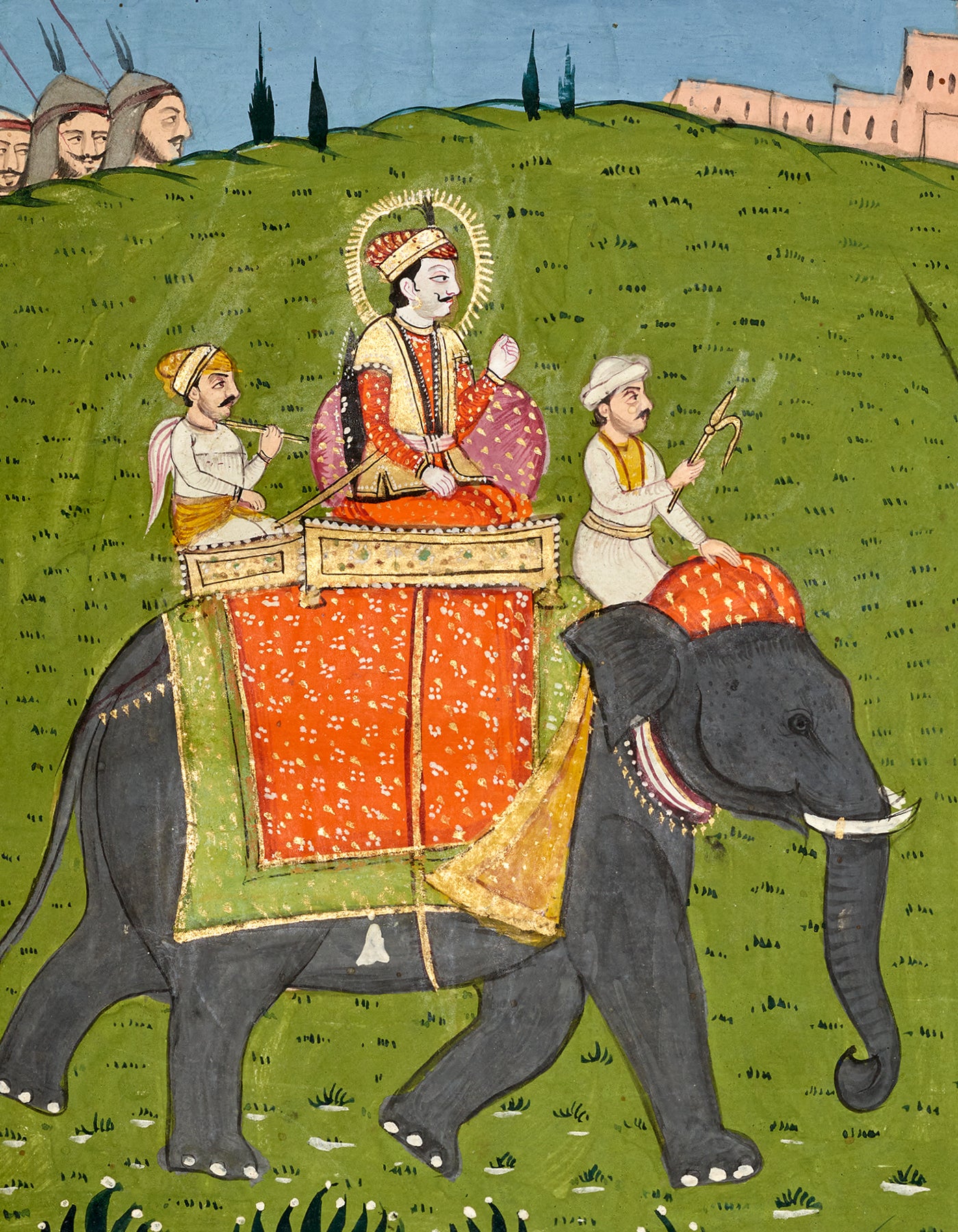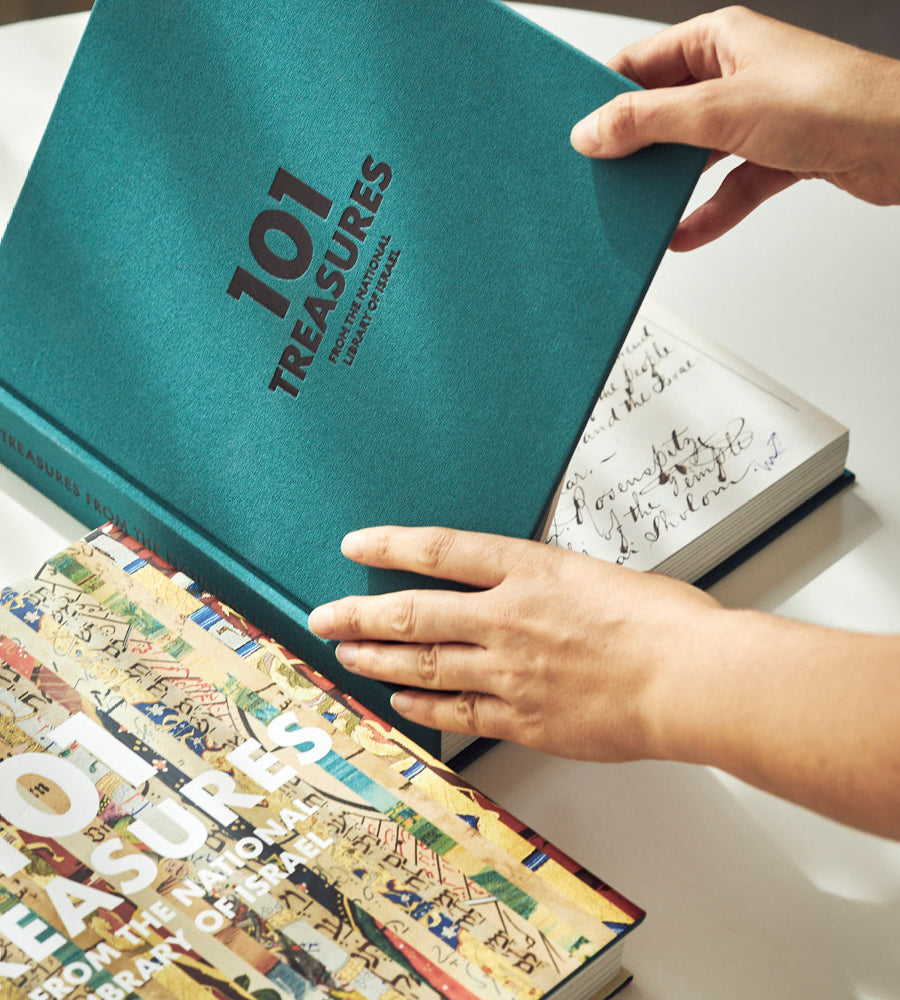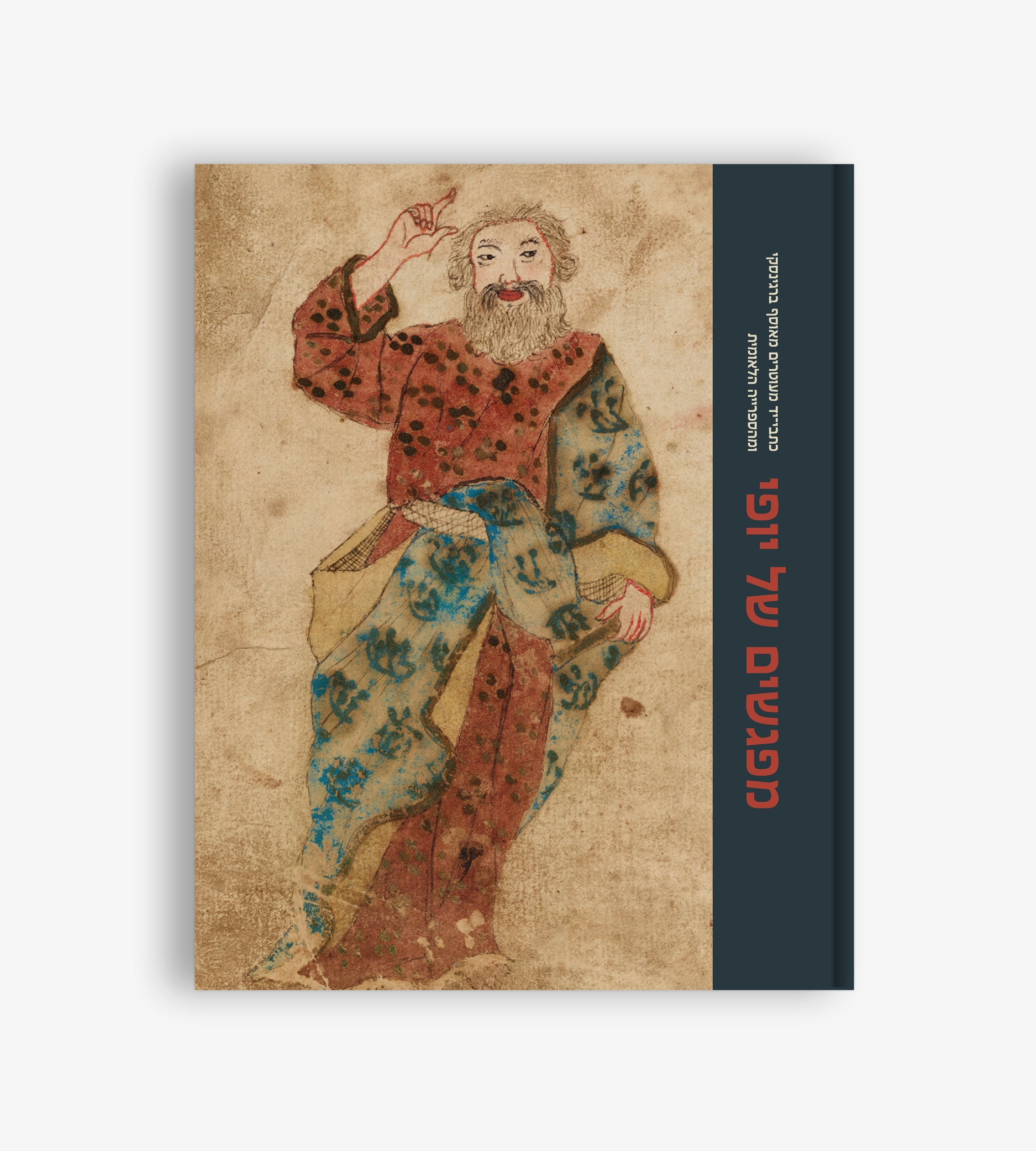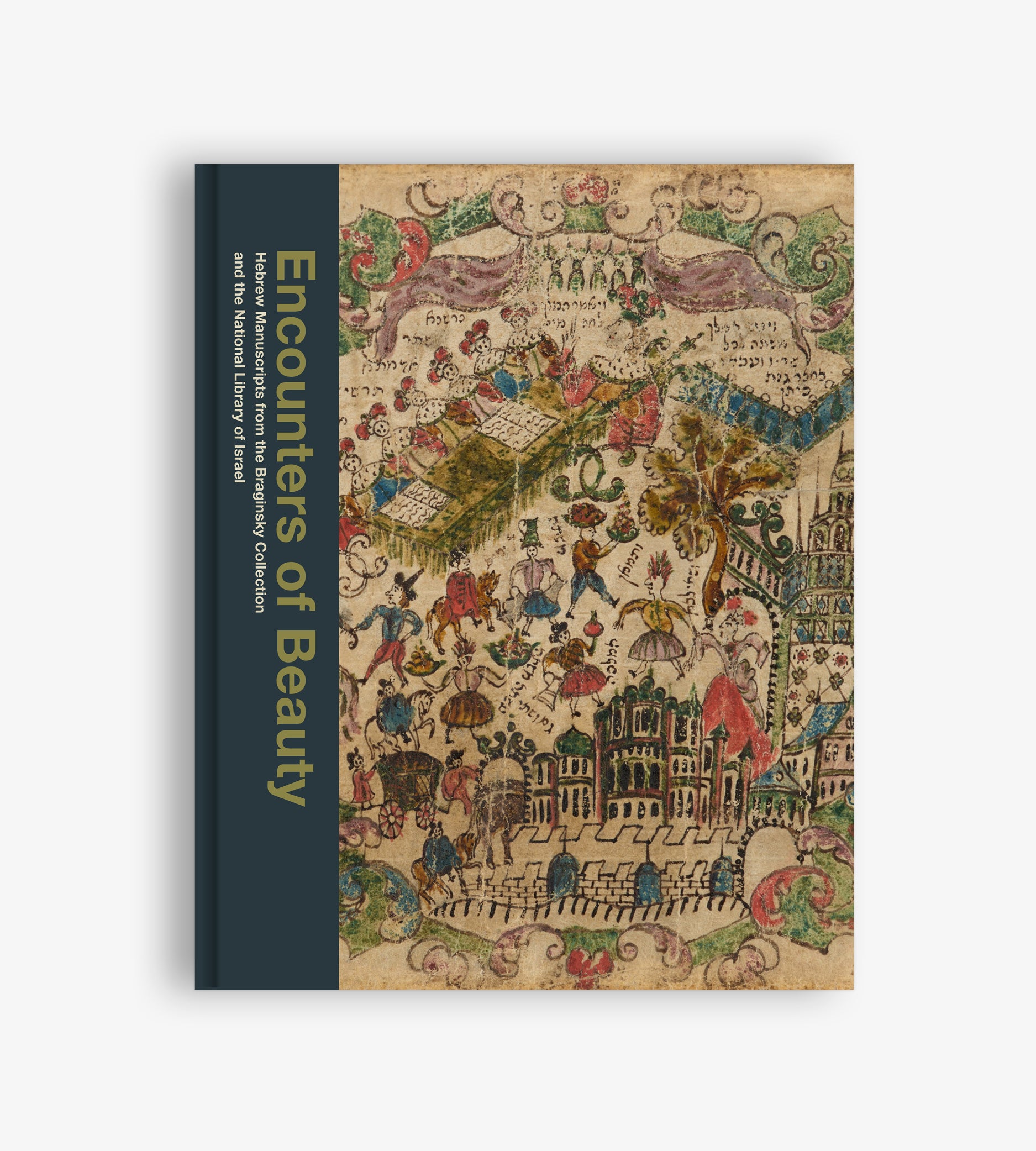
How to Run a Muslim Empire
Samuel Thrope

Abu’l-Fazl ‘Allami (1551–1602) was the chief adviser, official historian, and articulate spokesperson of the greatest Mughal Indian emperor, Akbar I (1542–1605), as well as his closest friend.
The two were opposites in many ways. ‘Allami devoted himself to study, particularly philosophy and Sufism, from an early age. Akbar, a descendant of the Mongol emperor Chinggis Khan, ascended the throne at the age of thirteen. He spent the early years of his reign consolidating Mughal rule in India and expanding the empire, which left little time for formal education. Some contend that he never even learned to read.
However, mutual interests and shared animosities brought the two together. ‘Allami’s father, the Sufi Sheikh Mubarak, had been falsely accused of heresy by the official religious establishment, and ‘Allami carried a lifelong grievance against its members. Akbar, for his part, sought to reduce the power of the orthodox legal authorities. In addition, his lack of schooling notwithstanding, Akbar was intellectually curious and collected a vast library from which he had volumes read to him each day.
During his thirty-year court service, ‘Allami gave substance to Akbar’s guiding vision, namely to create a just and peaceful society in which the Hindu population could participate on equal terms with the ruling Muslim minority. This is best seen in ‘Allami’s most important work, the Book of Akbar (Akbar-nama). Begun in 1590, the first two volumes are a critical record of Mughal history, providing Akbar’s detailed horoscope and genealogy and a year-by-year chronicle of his reign. The third volume, known as the Administration of Akbar (A’in-i Akbari), stands alone as a detailed description of the empire and its inhabitants, covering its administration, coinage, military, crops, taxation, geography, ethnography, and religion (especially Hinduism).














